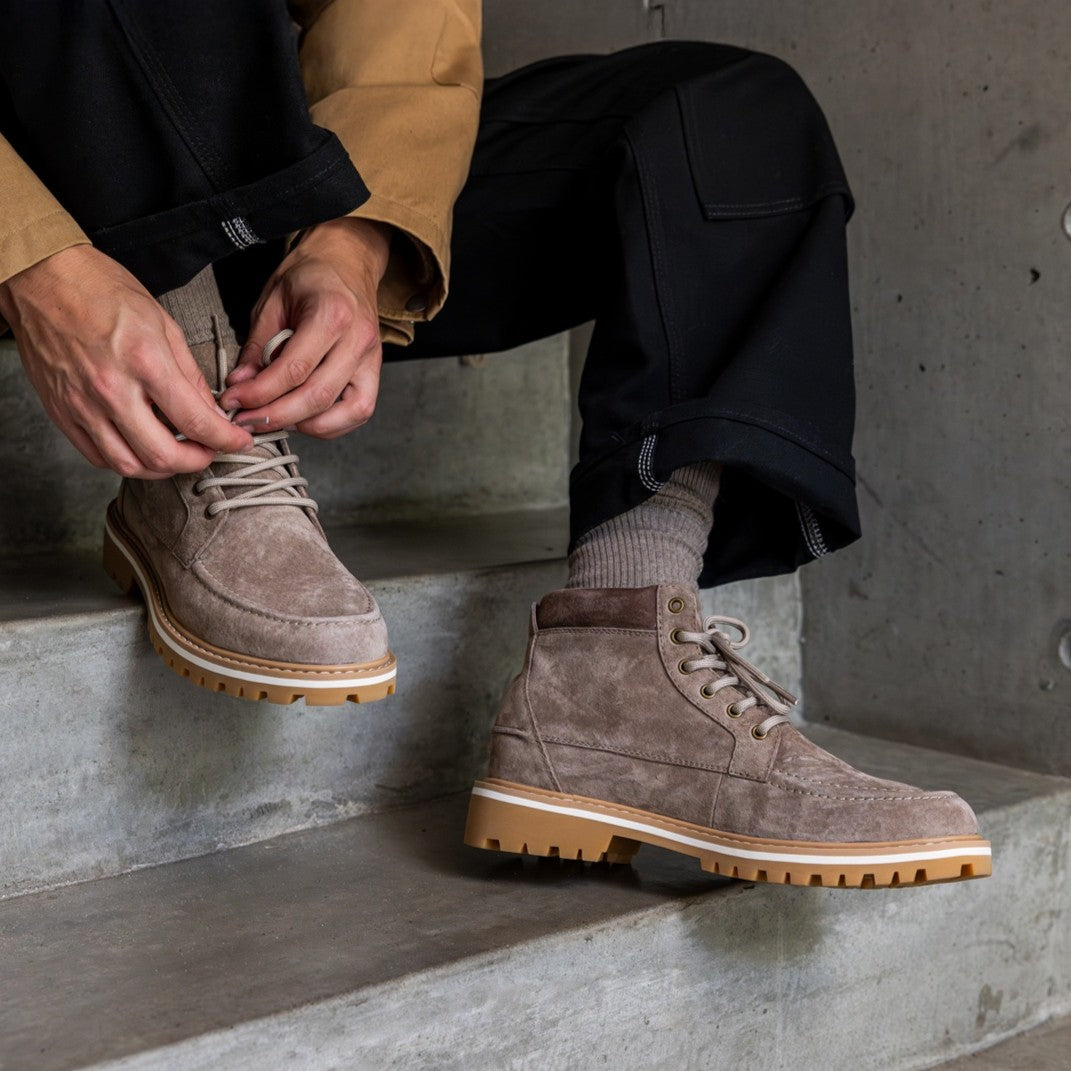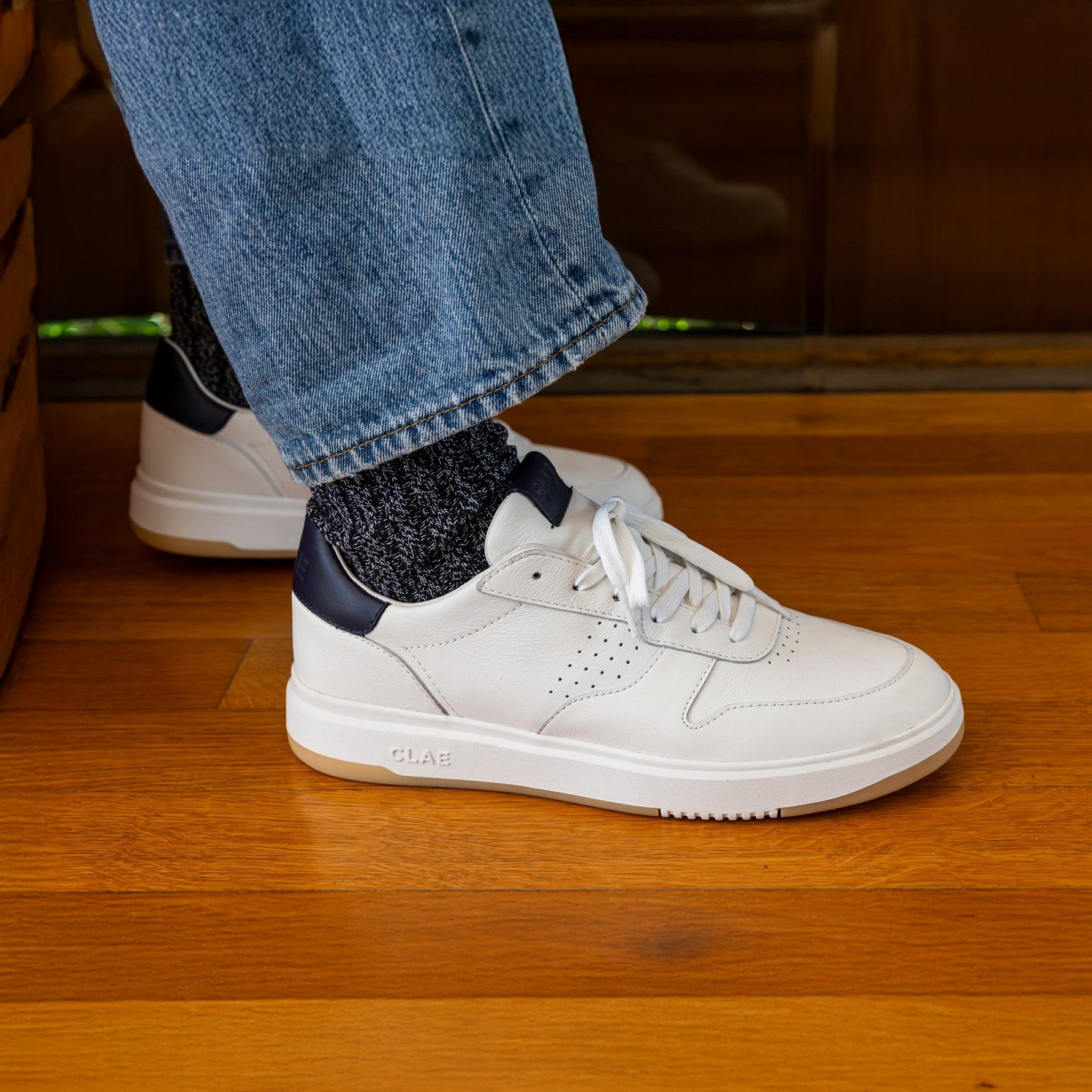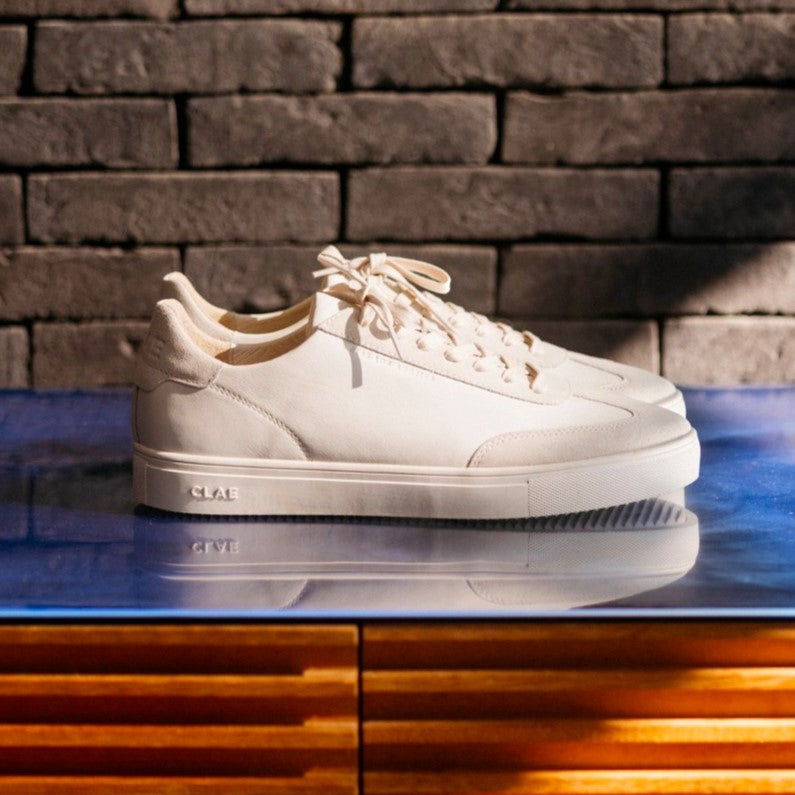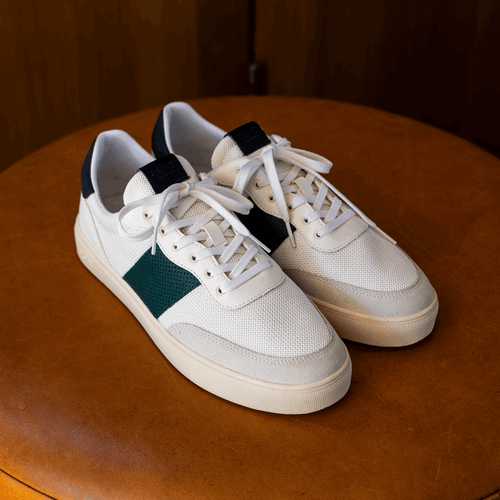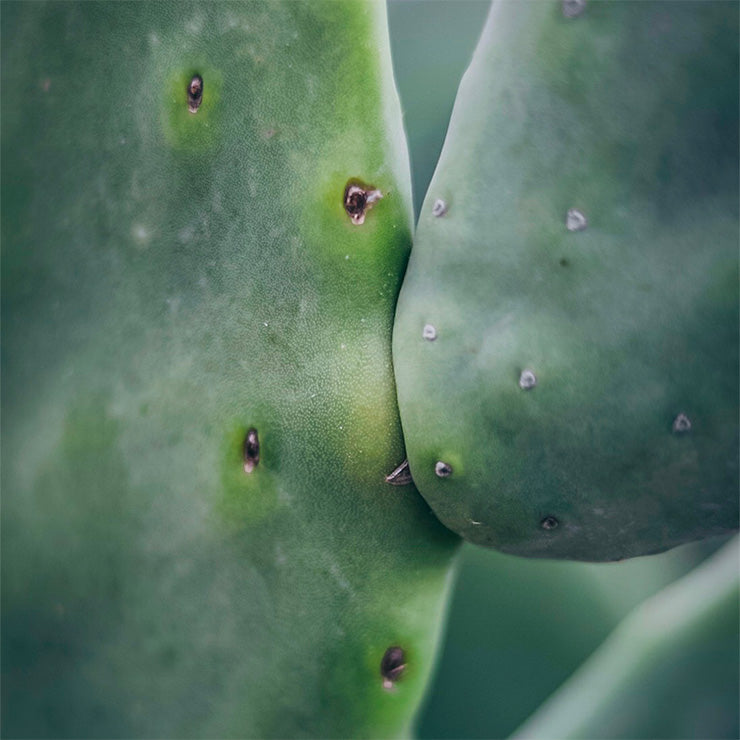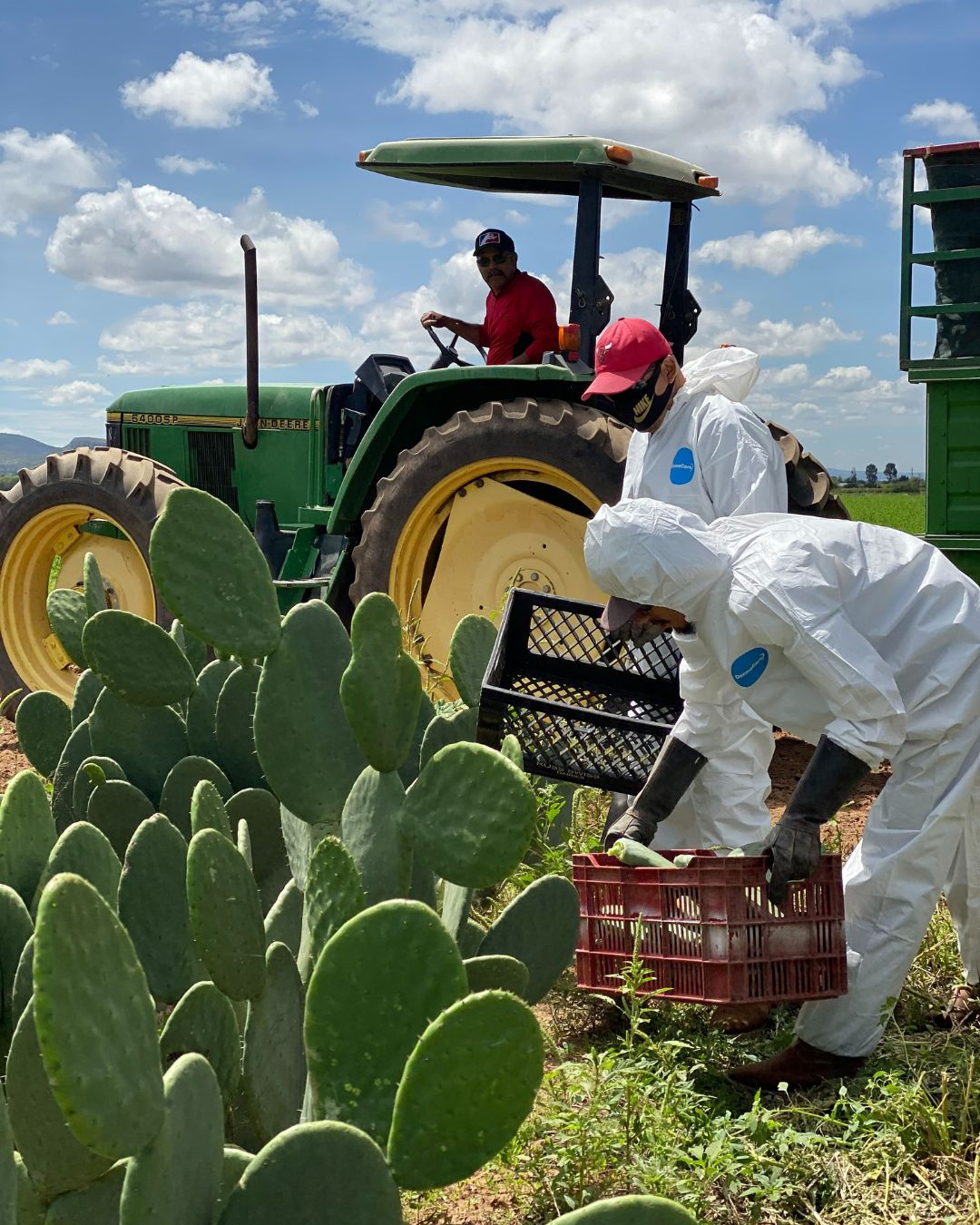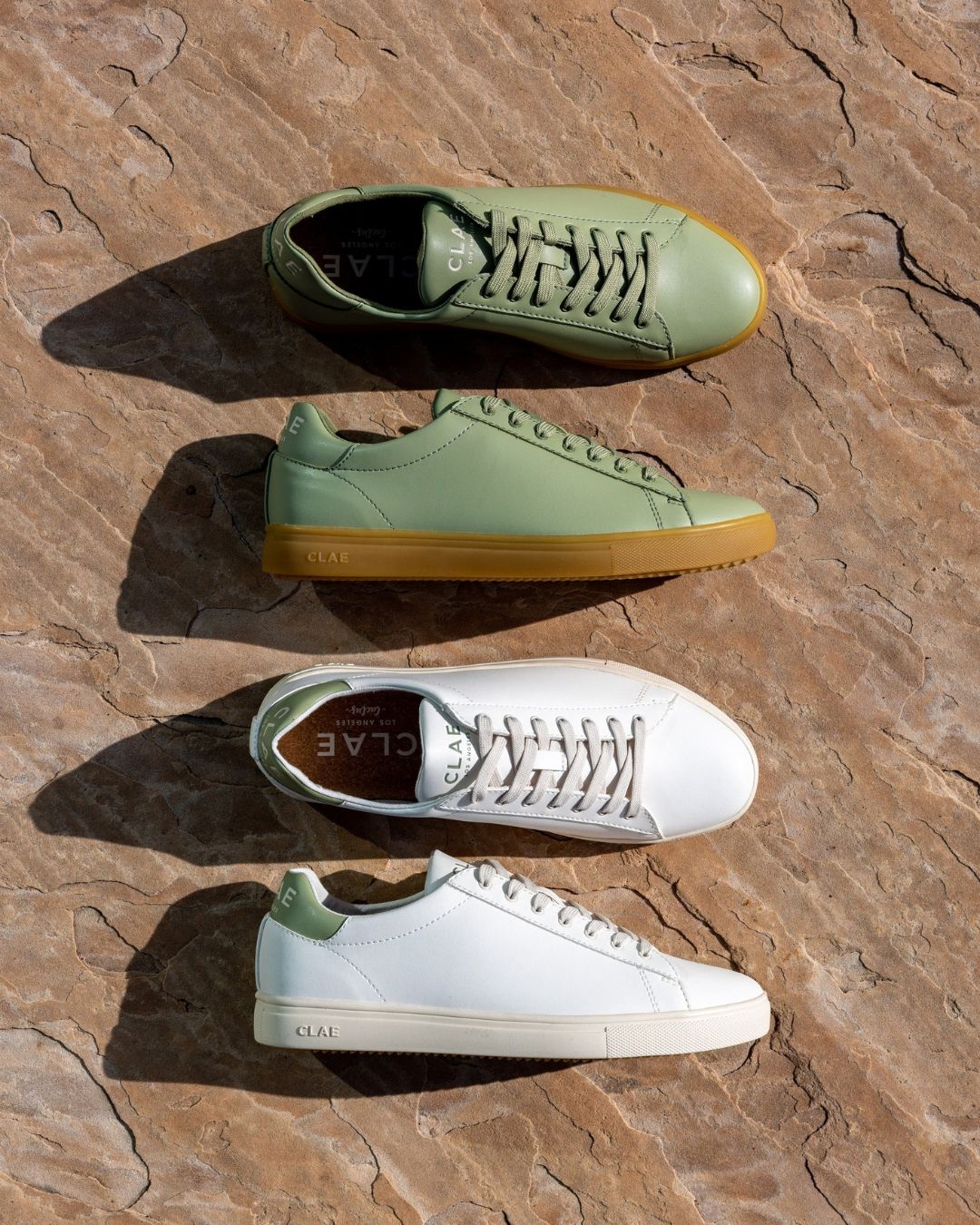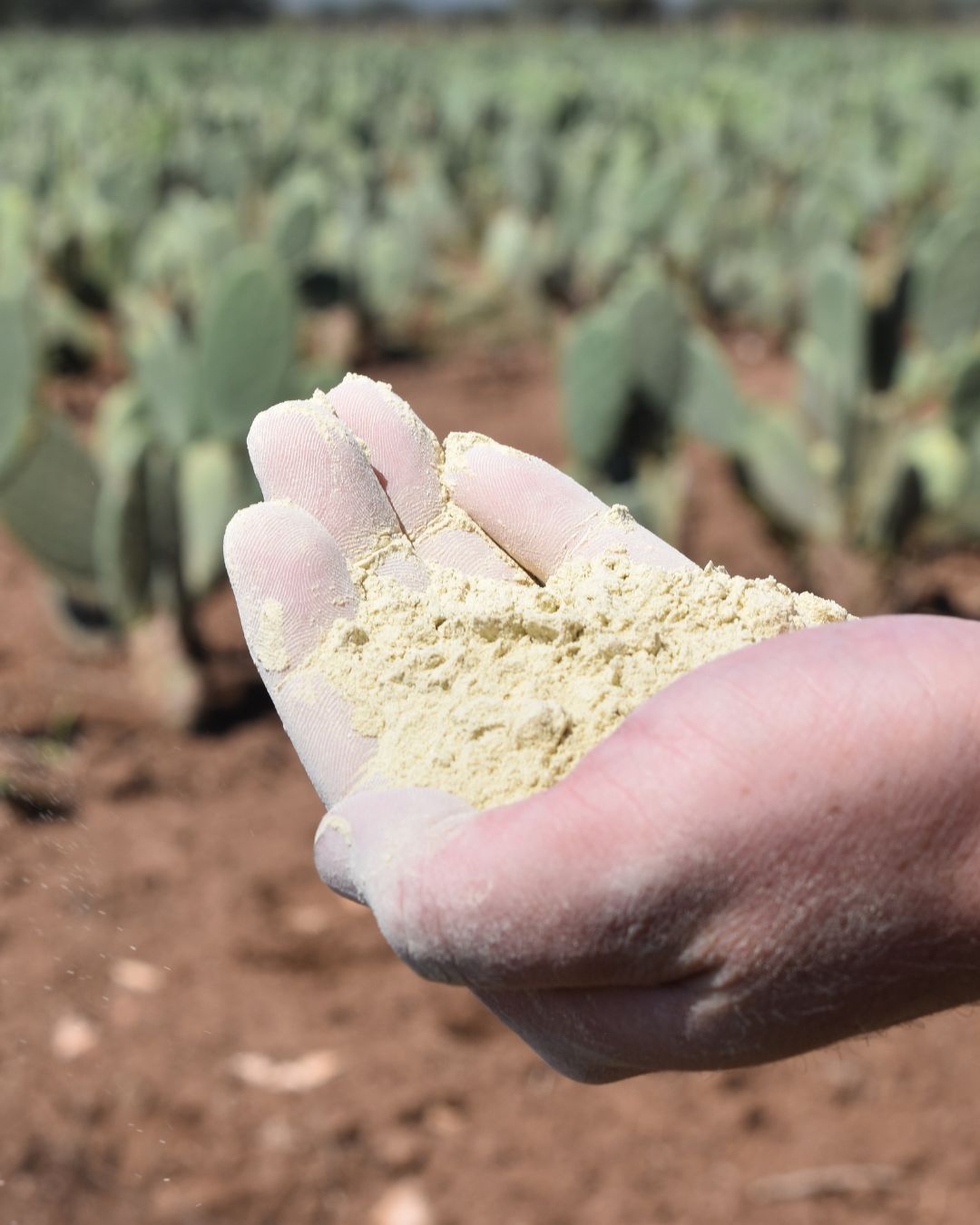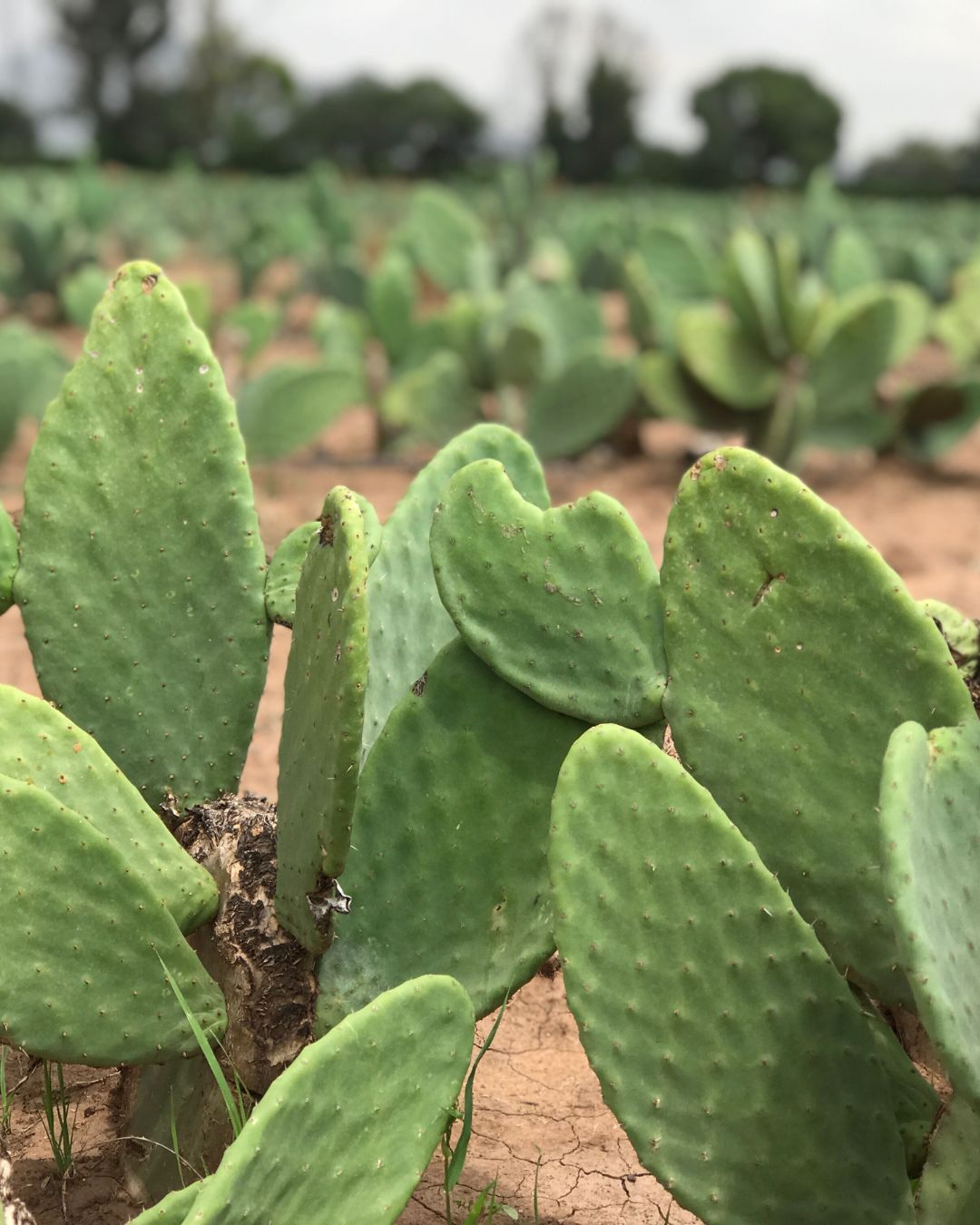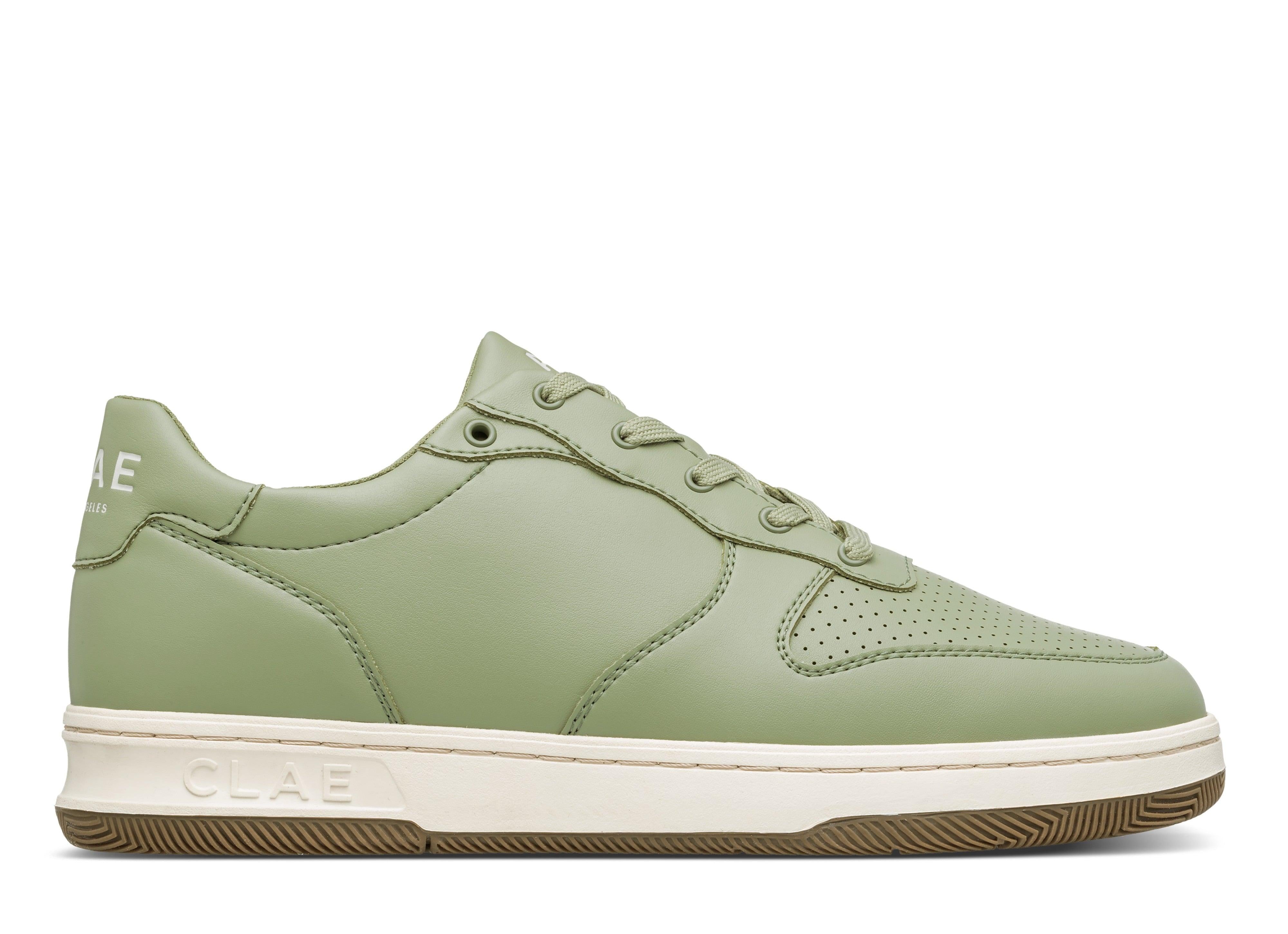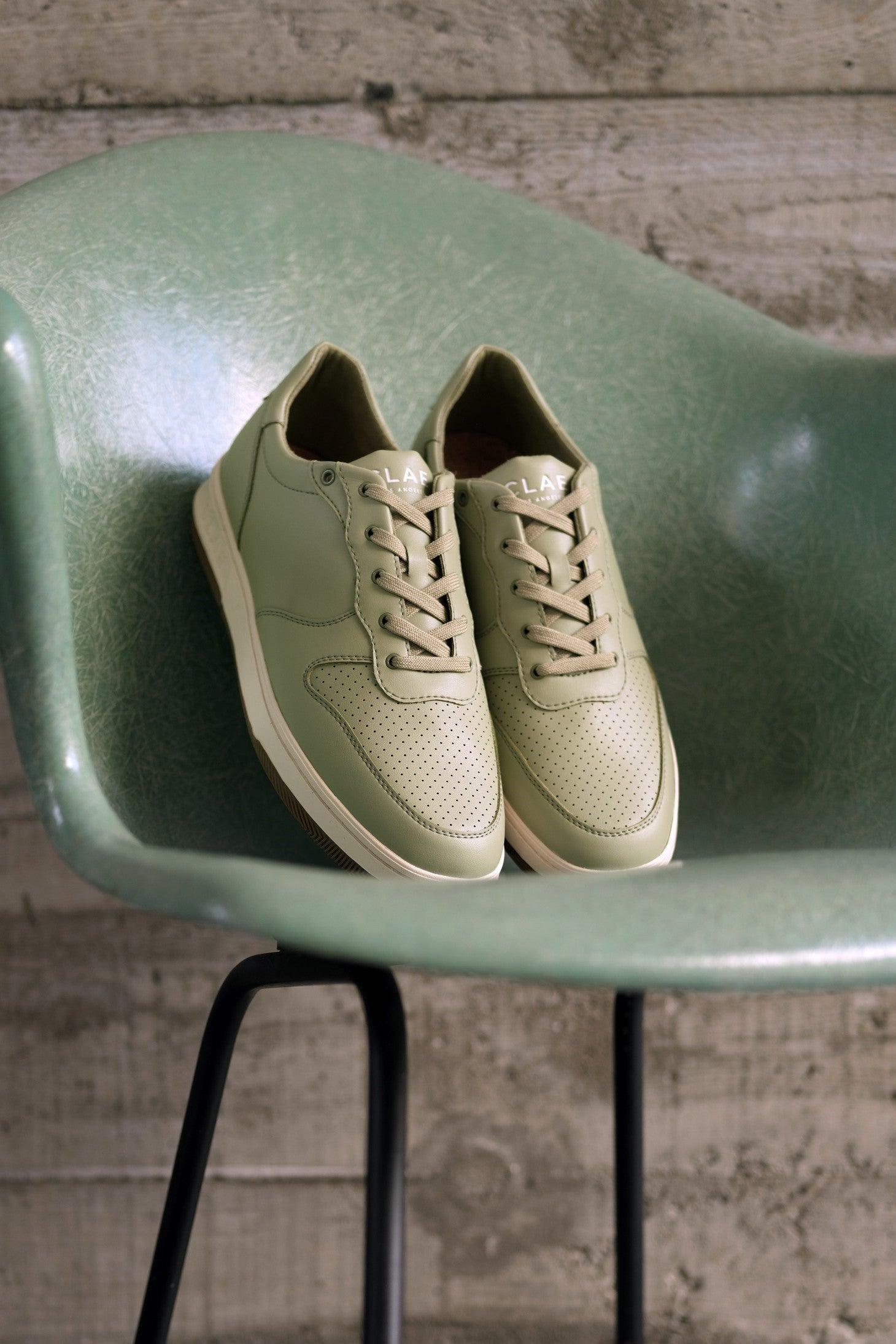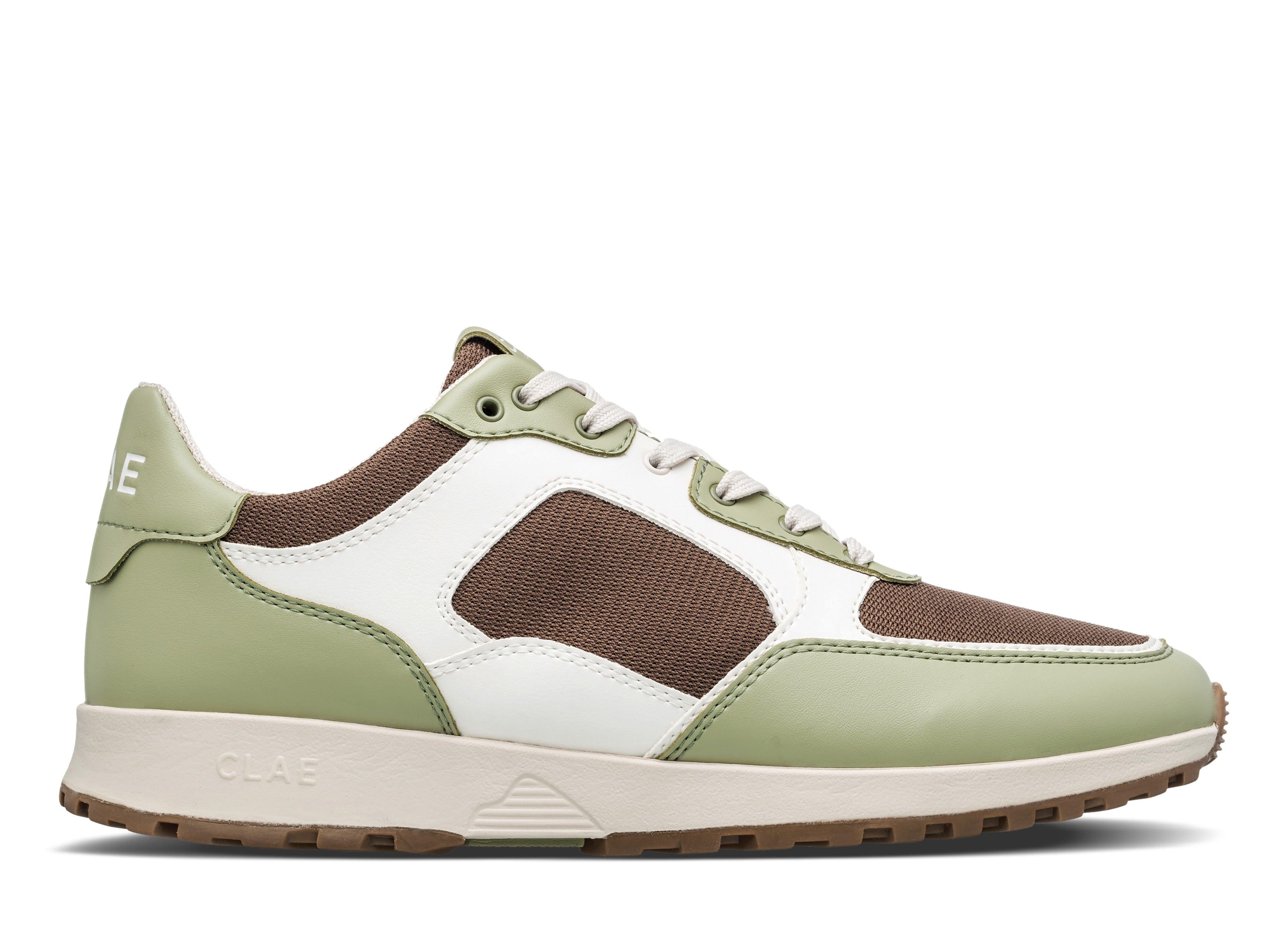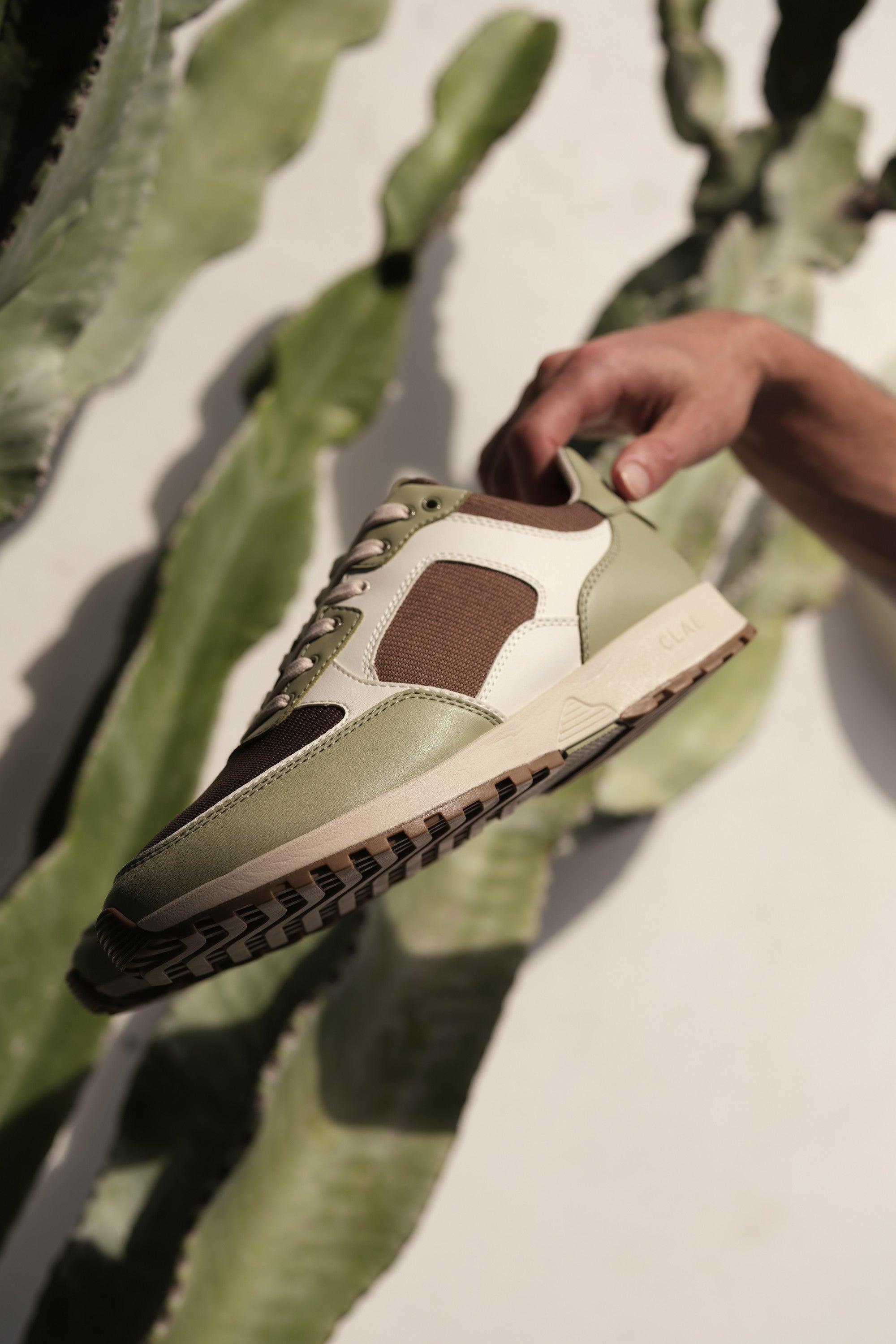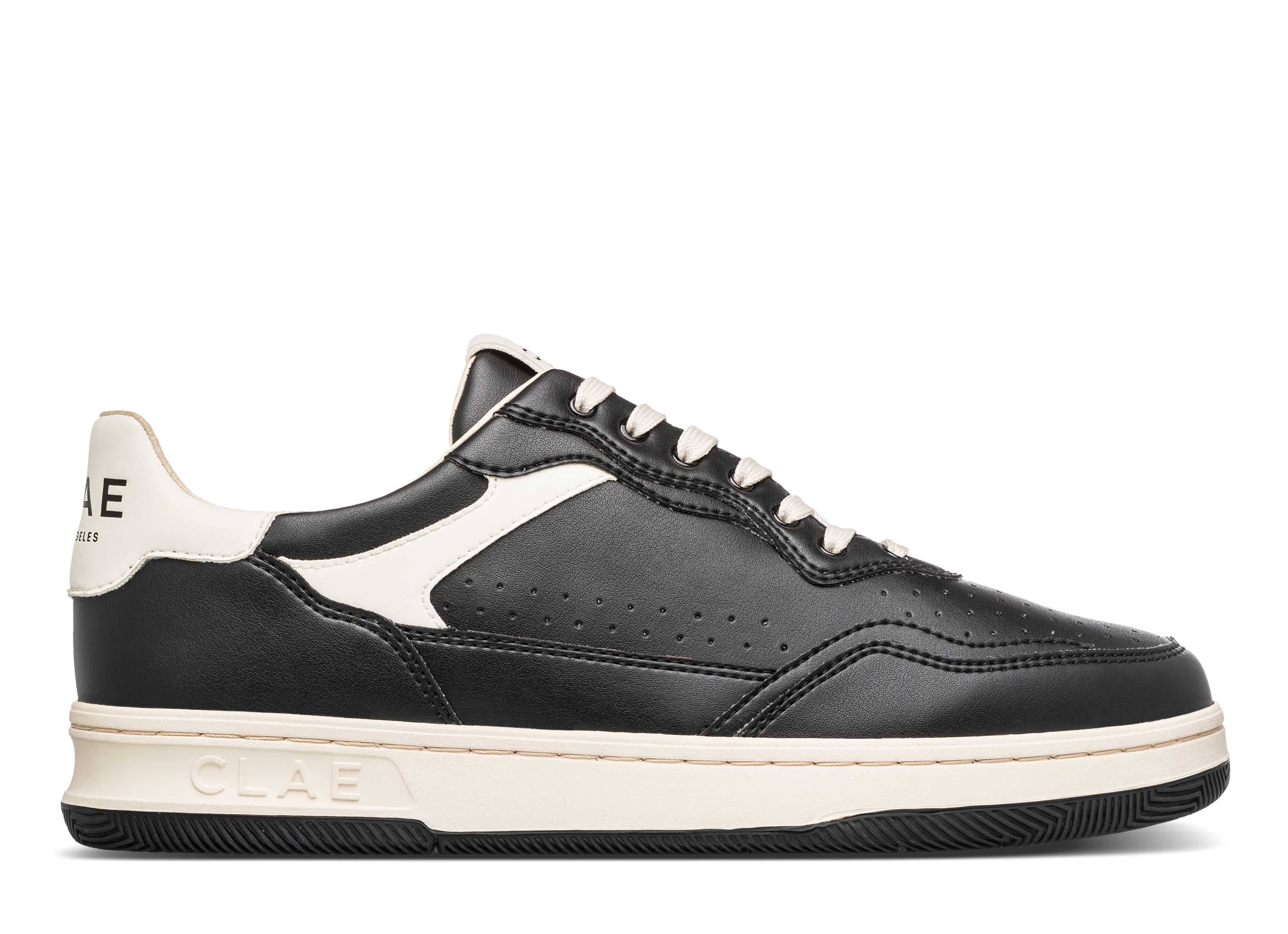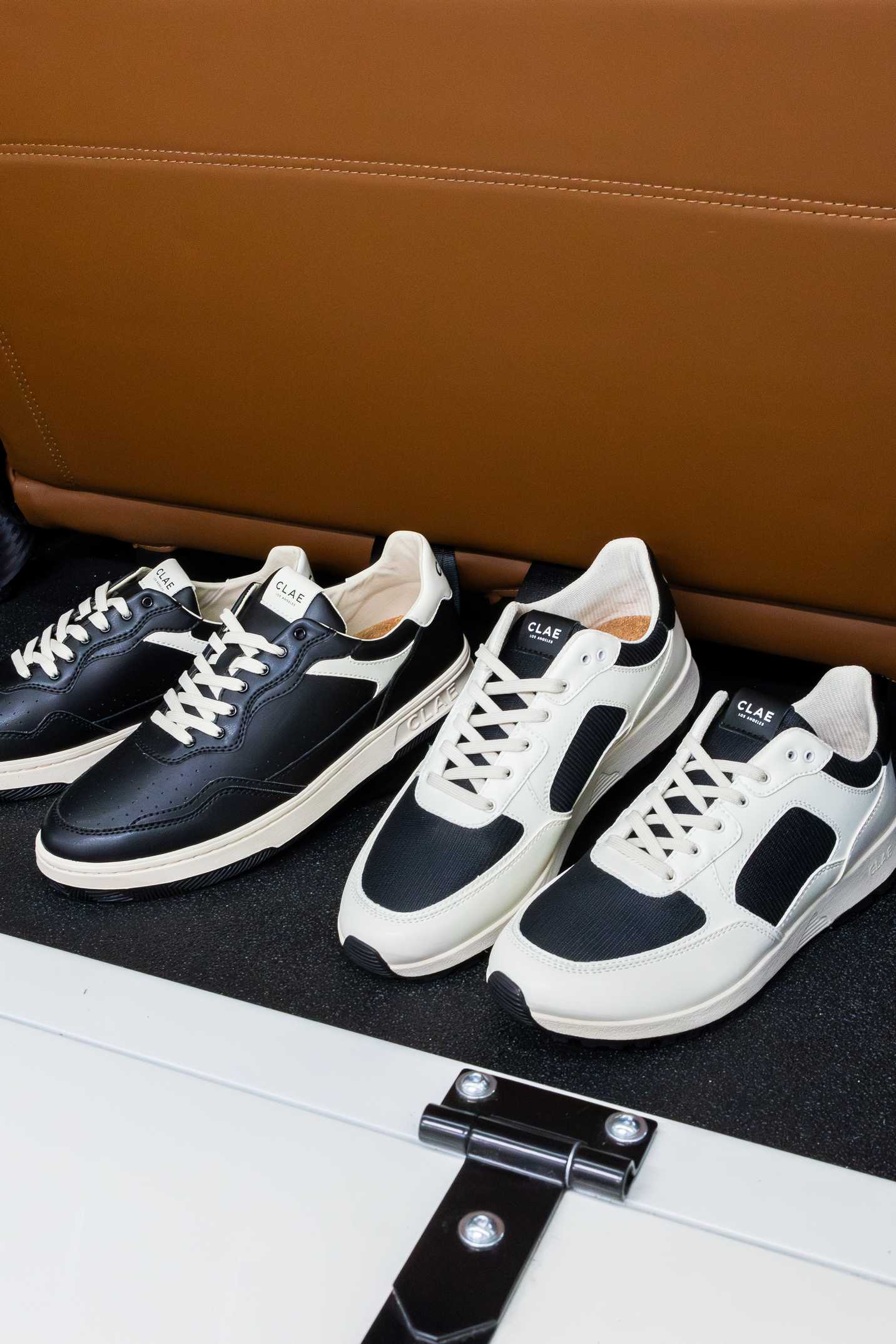CLAE INTERVIEW : DESSERTO
Matériau plus doux, plus durable et plus écologique.
Nous avons travaillé avec notre partenaire, Desserto®, pour mettre à jour et améliorer les performances de nos sneakers fabriquées à partir de Cactus.
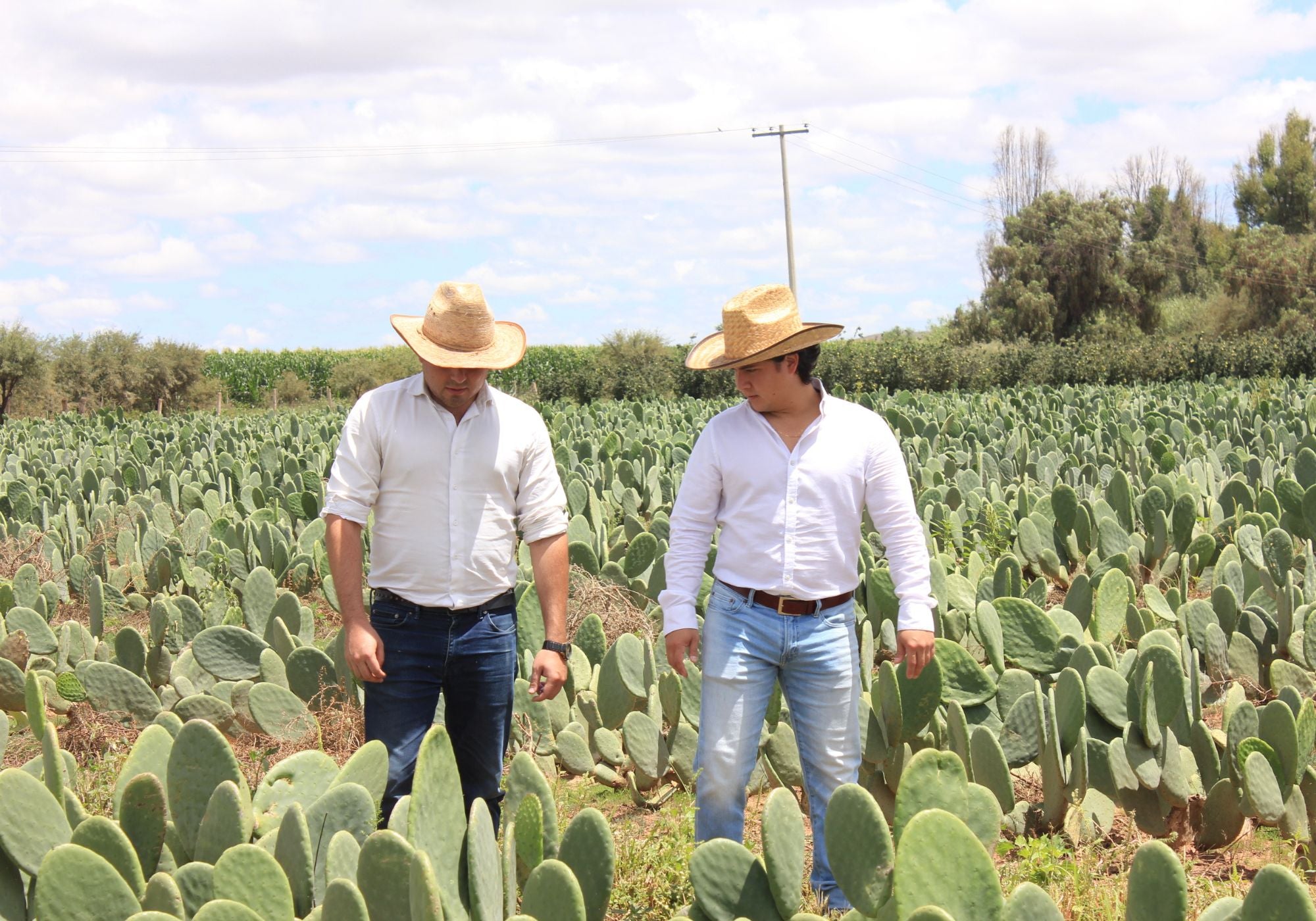
L'HISTOIRE DERIÈRE DESSERTO®
Veuillez nous en dire un peu sur vous-mêmes
Je suis le Co-PDG et Co-Fondateur d'ADRIANO DI MARTI, qui va au-delà des besoins du marché des articles en cuir, offrant des matériaux de haute qualité fabriqués avec des alternatives durables. Mon rôle clé a été la recherche et le développement du biomatériau breveté à base de cactus en tant qu'alternative au cuir - Desserto pour l'industrie de la mode et Deserttex pour l'industrie automobile - ainsi que le développement commercial dans ces marchés. Je supervise également la durabilité le long de la chaîne de valeur et la production de matériaux, l'administration du marketing, les soumissions de certification de produits et l'expansion mondiale de l'entreprise en établissant de nouvelles unités de production et opérations commerciales.
Comment avez-vous découvert que vous pouviez créer une alternative en cuir végétalien avec du cactus ?
Après deux ans de recherche et développement, et un véritable intérêt pour réduire l'impact environnemental, nous avons finalisé un matériau à base de cactus commercialisable en tant qu'alternative au cuir. Son nom commercial est Desserto®, et il présente des caractéristiques compétitives par rapport au cuir animal ou synthétique, telles que la durabilité, les performances et l'esthétique.
CULTURE DURABLE DE CACTUS AU MEXIQUE
Où vous approvisionnez-vous en cactus ?
Nous travaillons avec des agriculteurs au Mexique pour identifier des champs ouverts qui ne sont pas utilisables à d'autres fins agricoles en raison du manque de fertilité. C'est là que nous plantons notre cactus biologique. Ces cultures ne reçoivent aucun intrant d'agrochimie ni d'irrigation, ce qui nous permet de réduire significativement l'impact environnemental de la phase initiale de notre chaîne de valeur et de nos matières premières. Il faut environ 1 an pour qu'une nouvelle plantation pousse suffisamment pour être récoltée tous les 6 à 8 mois.
Les pads de cactus matures sont récoltés, et la plante elle-même est laissée intacte pour permettre une récolte répétée. Le cactus est une culture très résiliente - il peut supporter des températures basses en hiver et ses épines sont très petites, ce qui rend la récolte plus facile et plus sûre pour notre équipe agricole. La plantation de cactus est pérenne, ce qui signifie que nous ne plantons qu'une seule fois, et la plantation peut durer jusqu'à 8 ans.
Pendant ce temps, les plantations biologiques aident à enrichir la microflore et la microfaune du sol, de sorte qu'après 8 ans, lorsque nous déménageons dans une autre zone, nous sommes en mesure de laisser derrière nous un sol beaucoup plus fertile qui peut être utilisé pour d'autres cultures.
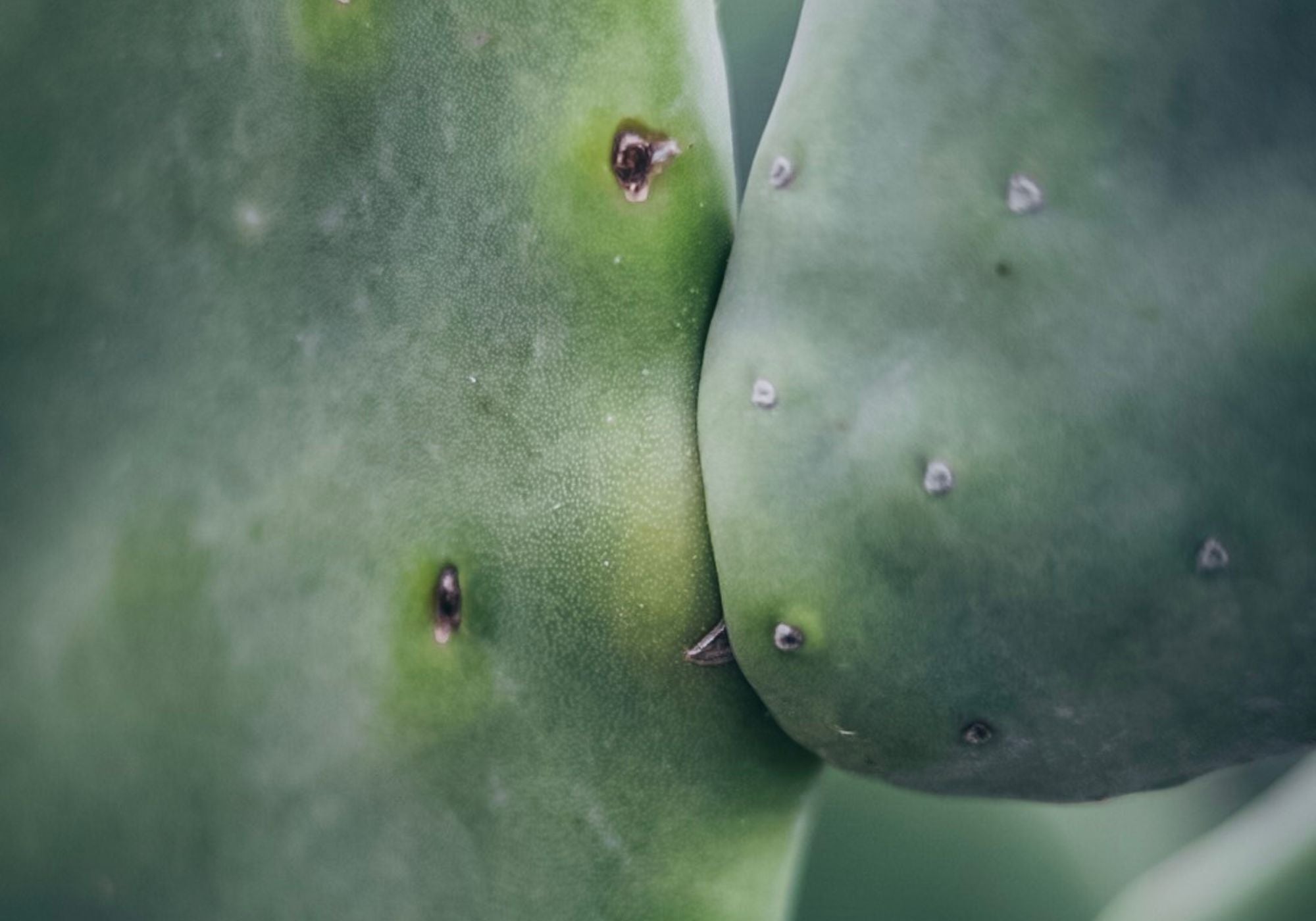
Comment le cuir de Cactus est fabriqué
Veuillez décrire le processus de création du cuir de cactus
Nous extrayons des protéines et des fibres des cladodes de cactus pour formuler notre bio-résine qui est ensuite envoyée à nos unités de production mexicaines ou italiennes. Chaque site de production peut produire jusqu'à 200 000 mètres linéaires par mois, et nous exportons vers plus de 80 pays. Chaque installation dispose de processus de recyclage pour éviter les déchets et les rejets dans l'environnement. Nous avons réalisé une évaluation précoce du cycle de vie pour mieux comprendre les avantages durables de nos produits par rapport au cuir et aux synthétiques tels que les polyuréthanes conventionnels.
Y a-t-il des déchets produits pendant le processus, et que faites-vous avec ?
Il n'y a pas de gaspillage car le sous-produit du cactus est dirigé vers l'industrie alimentaire sous une forme à valeur ajoutée. Desserto est partiellement biodégradable.
Alternative durable au cuir
Pourquoi est-il durable par rapport au cuir traditionnel et aux autres matériaux Vegan?
En résumé, certains des bénéfices durables les plus importants de l'utilisation du cactus comme biomatériau peuvent être résumés comme suit :
- Amélioration de la biodiversité dans la région.
- Reversion du changement d'utilisation des terres (LUC).
- Enrichissement de la microflore et de la microfaune du sol grâce à l'afforestation organique native et typique du cactus.
- Économies d'eau considérables car aucune irrigation n'est appliquée.
- Préservation de l'environnement car aucun agrochimique n'est utilisé, comme les herbicides ou pesticides.
- Cactus est laissé intact pour permettre des récoltes répétées sur la même plante.
- Économies d'énergie grâce à l'utilisation d'énergies renouvelables dans plusieurs processus.
- Vision complète et traçabilité pour garantir des pratiques durables tout au long de la chaîne de valeur.
- Améliorations technologiques dans les exploitations agricoles.
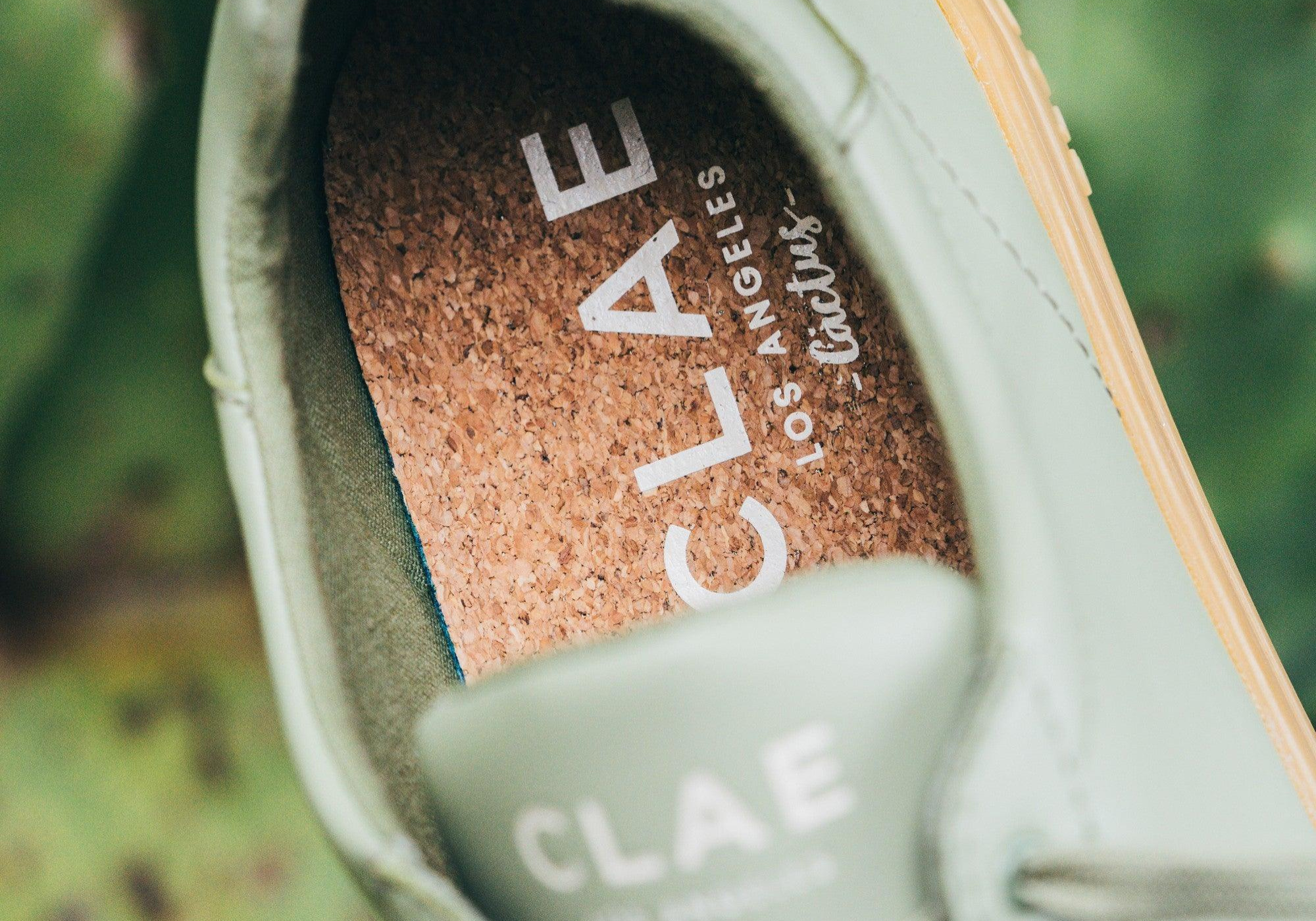
Matériaux de Sneakers à base de cactus
Il a été long de développer un matériau de basket haute performance, et la collaboration avec un large groupe d'ingénieurs de nos unités de production mexicaines et italiennes a rendu cela possible.
Utilisez ce texte pour partager des informations sur votre marque avec vos clients. Décrivez un produit, partagez des annonces ou accueillez les clients dans votre magasin.
La version 2.0 est-elle certifiée ?
Tous nos matériaux sont certifiés vegan et durables car ils ont tous la même origine.
Promouvoir l'innovation durable
Avec le lancement de votre nouveau matériau, Dessertex, nous avons constaté que vous avez pénétré le monde de l'automobile. Pourquoi le secteur automobile ?
Nos matériaux se distinguent souvent par leur grande douceur au toucher tout en offrant des performances élevées pour une large gamme d'applications allant de la chaussure aux vêtements, accessoires, sacs à main, meubles, design intérieur, panneaux, et même composants automobiles. Nos produits peuvent également être personnalisés sur des aspects esthétiques tels que la texture, l'épaisseur et la couleur. Desserto conserve une excellente réputation dans l'industrie en tant que fournisseur de solutions durables.
Quel est l'avenir de Desserto ?
Notre entreprise, depuis sa conception, s'est engagée dans un objectif ambitieux de devenir le fournisseur de solutions à faible empreinte carbone le plus performant de l'industrie des biomatériaux.
Quelle est votre silhouette préférée parmi notre nouvelle collaboration ? En tant que fournisseur de matières premières, nous comprenons que la collaboration avec les marques est essentielle pour apporter des innovations responsables sur le marché. Nous avons trouvé en CLAE un excellent partenaire pour poursuivre nos objectifs en matière de durabilité.
LIGNE CACTUS
En savoir plus
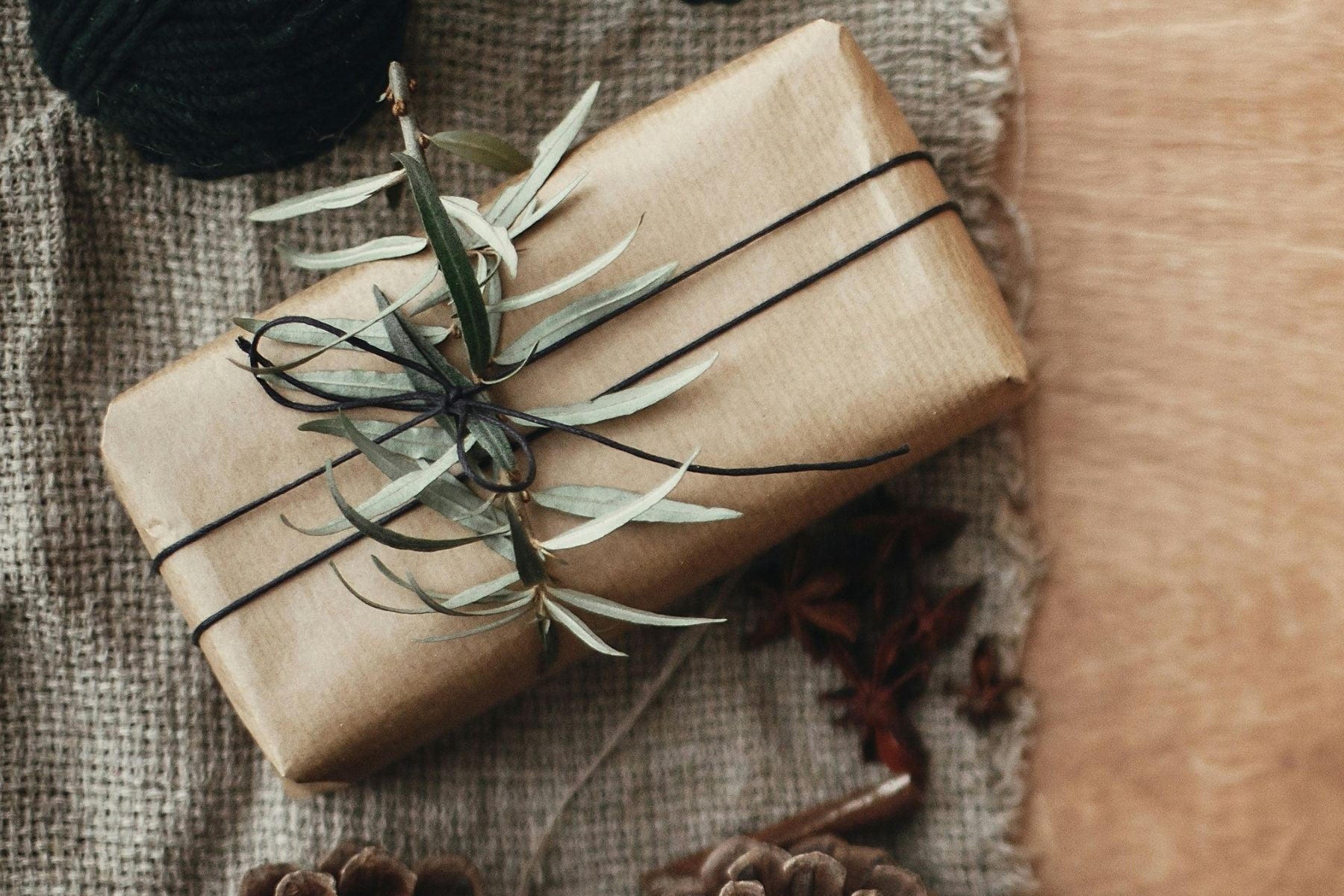
Se préparer pour la saison des fêtes signifie aussi se faire plaisir. Découvrez les recommandations de notre équipe pour trouver des cadeaux attentionnés, et envisagez une mise à jour de vos sneake...
En savoir plus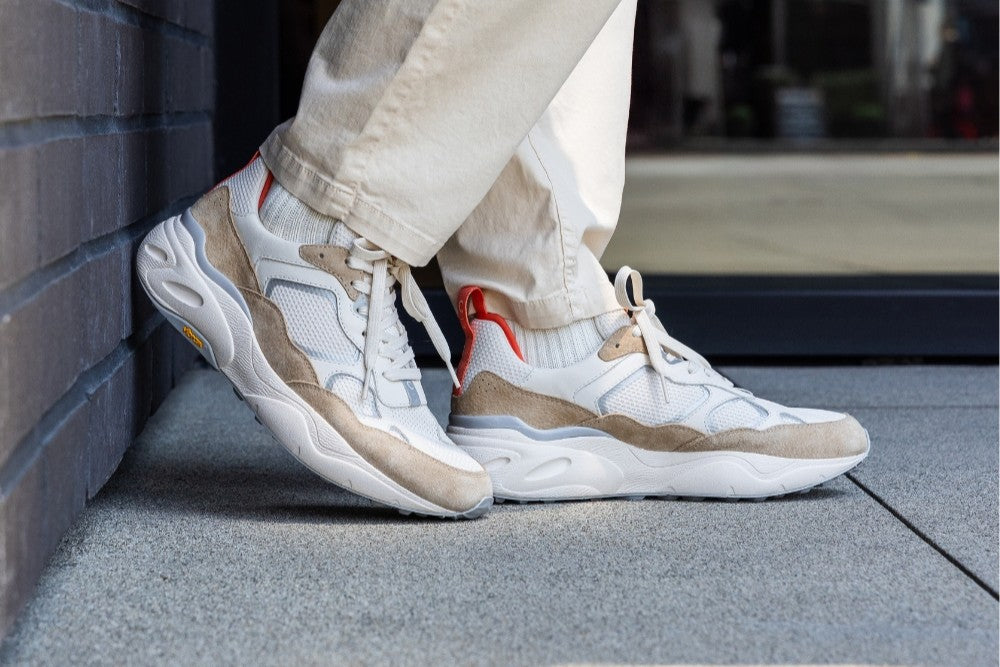
Découvrez notre lookbook Automne/Hiver 2025, une sélection soignée de silhouettes essentielles et de matériaux raffinés conçus pour un usage quotidien moderne.
En savoir plus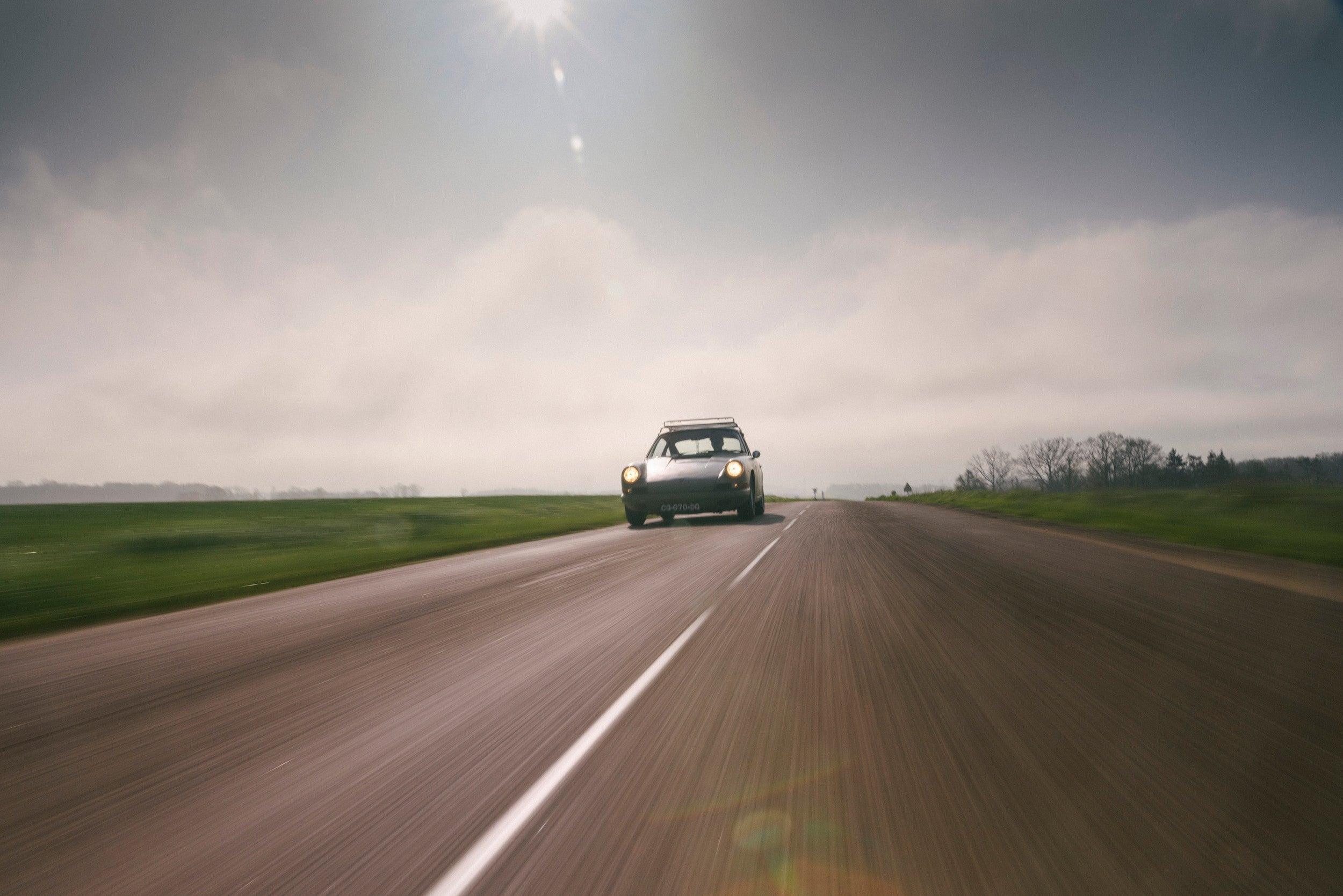
CLAE x VINCE PERRAUD Nous sommes heureux de collaborer avec un photographe talentueux, Vince Perraud. NOTRE COLLABORATION Sa Porsche 912 de 1968 surnommée “Cact...
En savoir plus

